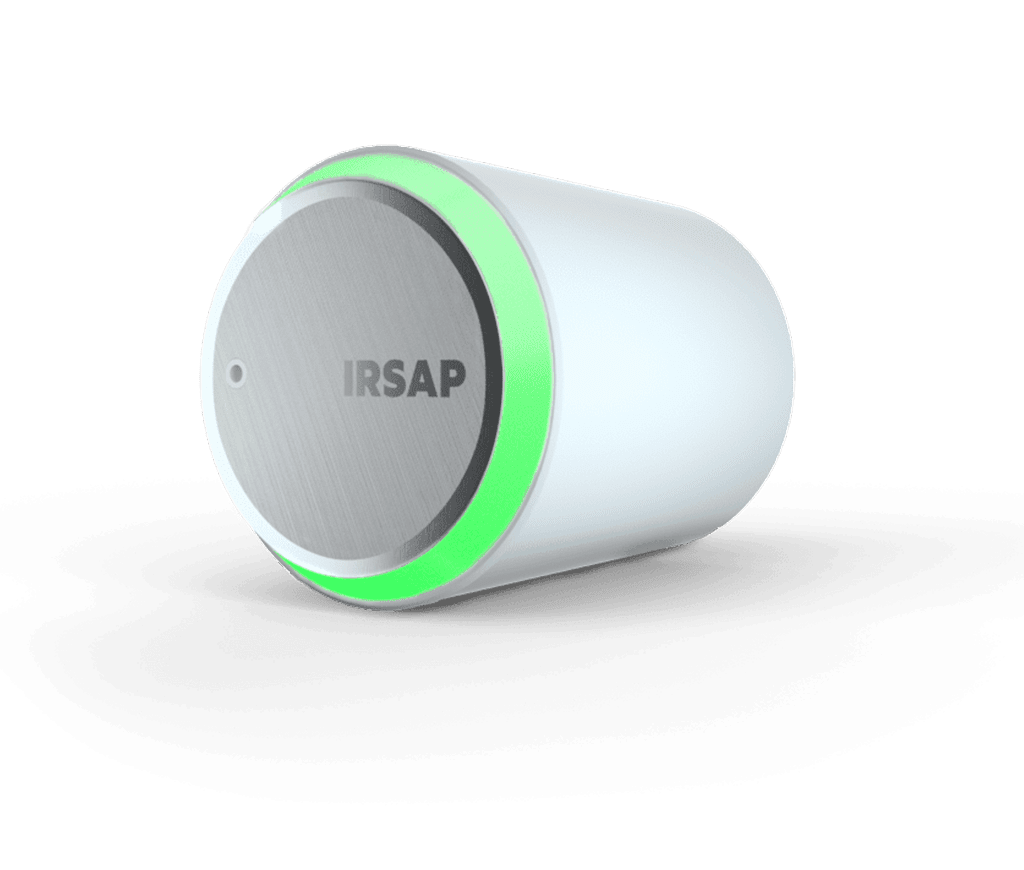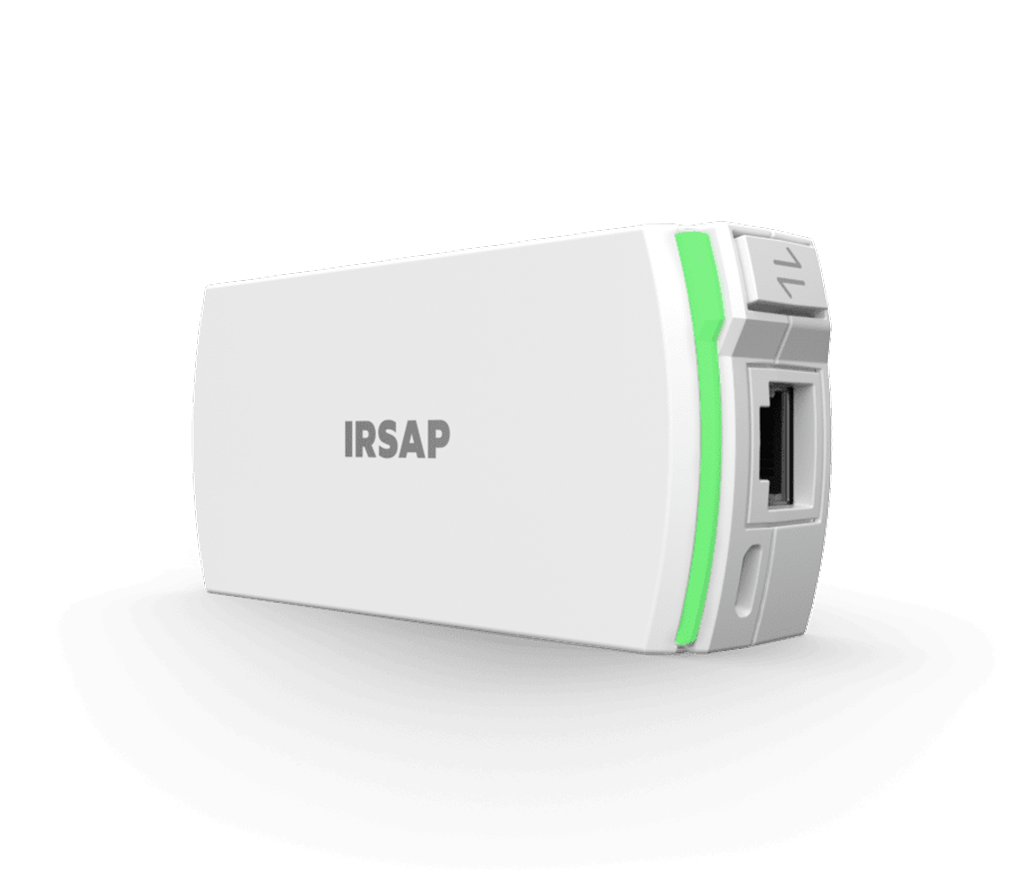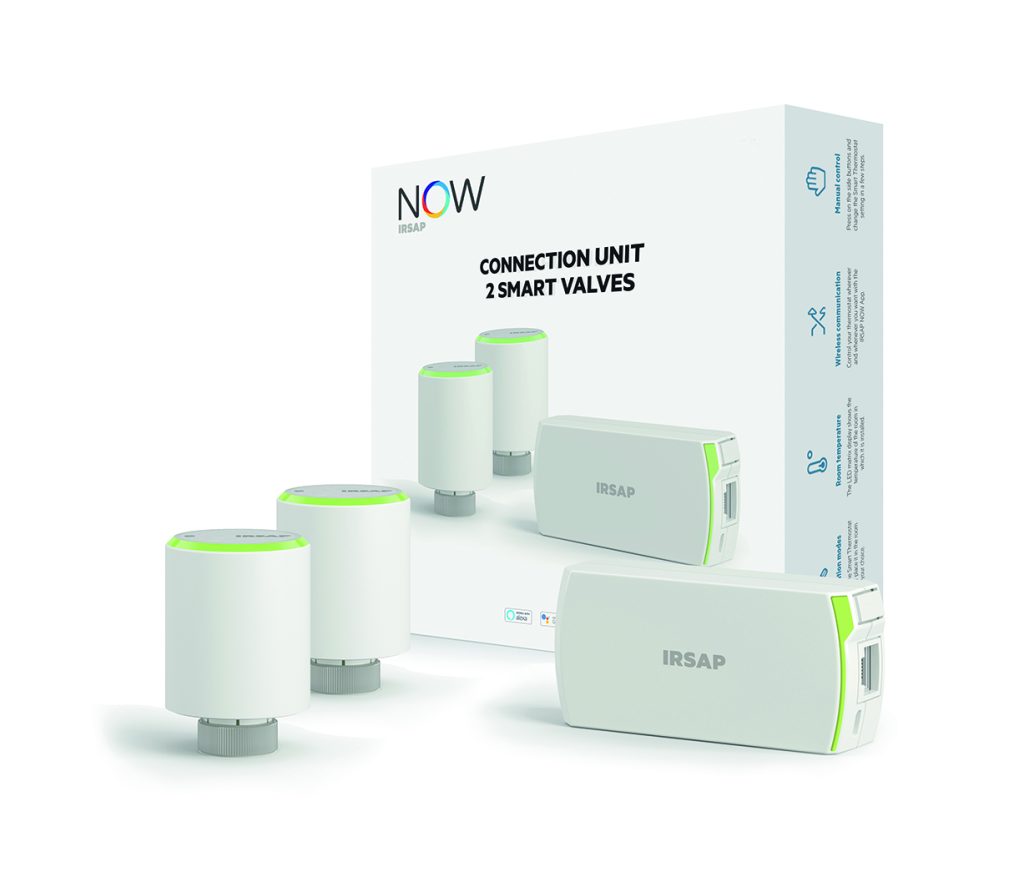Central or autonomous heating: which is better?
Both central and autonomous heating systems have their own advantages and disadvantages. However, at the same time, each has its own characteristics, and choosing which one to adopt depends on various factors, including the living context. Let's explore together whether it's better to opt for central or autonomous heating.
What's the difference between autonomous and central heating?
The heating system of a residence, whether it's a standalone unit, an independent house, or an apartment within a complex, can fall into two categories: autonomous or central.
There's a fundamental difference:
- in an autonomous system, each individual house has its own boiler, from which pipes extend to reach each radiator;
- in a central system, there is a shared boiler that serves all the housing units in the condominium or residential complex, both for heating and for producing hot water.
These two kinds of systems have their own features that make them more or less suitable for meeting different needs.

How much can you save with autonomous heating?
An autonomous heating system is managed independently from the other housing units in the condominium or residential complex.
The main advantage of this type of heating is the autonomy it provides in turning the heating on and off and regulating the temperature of your own home.
For this reason, it's possible to limit your consumption. Additionally, with autonomous heating, you have the freedom to choose your own gas supplier, potentially evaluating the most cost-effective offer.
On the other hand, one of the disadvantages of autonomous heating is related to the costs of boiler maintenance, which fall on the individual and are not divided among multiple people as in the case of central heating. Furthermore, for regular checks or any potential malfunctions, it will always be up to the individual user to find a specialised technician and, in general, to manage the system.
Another significant drawback concerns their environmental impact. Despite an autonomous system causing fewer emissions compared to a central one, the cumulative consumption of private boilers is less efficient and more environmentally costly compared to the consumption attributed to individual central systems.
How much does central heating cost?
Unlike the autonomous heating system, the central heating system is characterised by the presence of a single boiler shared among all the residences within the same condominium or residential complex. The advantages of this system are numerous.
- It significantly reduces costs for purchasing, installing and maintaining the boiler.
- Since there is a single boiler for the entire condominium or residential complex, the costs are no longer borne by individuals but are distributed among all the housing units served by the shared boiler, resulting in a considerably lower impact per user.
- Another cost-saving factor that central heating offers compared to the autonomous one is the fuel acquisition cost. The larger quantities of fuel required for the shared boiler’s operation lead to negotiation leverage with suppliers and access to more favourable rates.
- An additional benefit of central heating is that it helps save space within the home, as the shared boiler is located in common areas.
Lastly, another important advantage of the central system is its environmental impact: larger boilers tend to be more efficient.
The main disadvantage of the central system comes from its inherent nature: it does not leave individuals the freedom to decide when to turn on the heating and for how long to keep it running.
Which system is more convenient?
Providing a definitive and straightforward answer to whether autonomous or central heating systems are more cost-effective is challenging. What each individual user can do to make their heating more cost-effective, in terms of bill savings, is to adopt some solutions offered by new technologies.
For instance, one can consider replacing the traditional gas boiler with a heat pump, which is also encouraged by new European measures in the context of sustainability.
The distinctive feature of a heat pump is its ability to transfer heat from a low-temperature environment to a high-temperature system. It can both heat and cool spaces and produce hot water. Its potential is enhanced when combined with renewable energy generation systems like photovoltaics.
Similarly, considering a condensing boiler can be beneficial. This type of boiler can recover energy from gas combustion, preventing heat loss and reducing emissions into the air.
Those with autonomous heating systems have the option to equip their homes with smart components, ranging from thermostats to thermostatic valves.
As previously discussed, autonomous heating can be activated and deactivated without predetermined time slots. This operation can be managed through smart solutions like dedicated mobile applications to communicate with a Wi-Fi thermostat. Such a thermostat is cost-effective and easy to install.
With advanced functionalities, it can:
- precisely measure room temperature;
- monitor humidity levels;
- analyse air quality.
This intelligent solution learns the needs and habits of the home's occupants, configuring heating delivery accordingly and avoiding unnecessary waste.
- A smart thermostatic valve ensures cost containment by optimising the management of each individual radiator.
- It enables customization of room temperatures based on the user's preferences and allows for temperature setting according to daily, hourly, and weekly routines.
- The valve detects when a room's window is open, temporarily and locally suspending radiator heating.
- It also includes a manual lock for child safety.
Investing in home heating efficiency has never been so easy.
Read also...

Smart Valve
Control the temperature of each room separately. Our wireless thermostatic valves are compatible with all radiator brands and leading hydraulic valve manufacturers.

Connection Unit & Repeater
Multi-storey or very large house? Add a Connection Unit to be used in Repeater mode to extend the signal to all rooms and ensure proper communication with other devices in your IRSAP NOW wireless heating system.

Smart Valve Kit
The IRSAP NOW smart thermostat valve kit is ideal to start experiencing home comfort with smart heating. With IRSAP NOW Smart Valves you control the temperature from wherever and whenever you want via smartphone.







